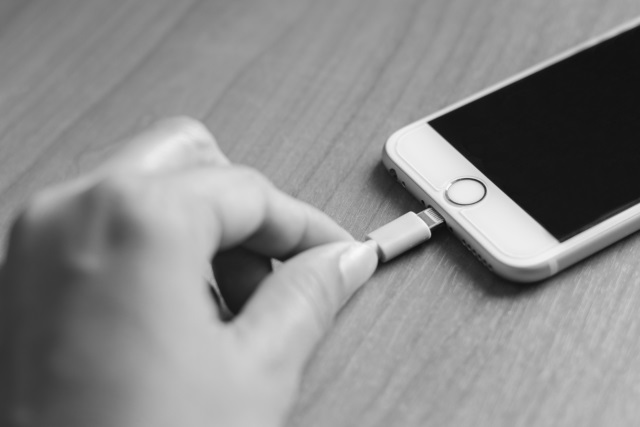Yes, Apple really is slowing down your old iPhone -- but says it's for your own good

We now know for certain what many people have suspected for some time: Apple really is slowing down older iPhones. The phone-maker has finally come clean about what's going on -- it really is purposefully degrading the performance of its phones.
While there has been speculation that the company has been putting the brakes on aging handsets in a bid to encourage people to upgrade to newer models, Apple says that there's actually a different reason for old iPhones performing less impressively in benchmarks. That reason is battery life.
See also:
- Has your iPhone started crashing in iOS 11.1.2? You're not alone... and there's a fix
- Authorities serve Apple with a warrant to access the Texas shooter's iPhone SE
- Debunked: Apple slows down older iPhones to encourage upgrades
Beginning with the iPhone 6, Apple started to reduce the performance of handsets to avoid problems that could be caused by aging batteries. Last year, the slowdown was added to iPhone 6, 6S and SE handsets, and the release of iOS 11.2 saw it added to the iPhone 7 as well.
The secret throttling of devices is something that was thought to have been debunked, but an admission direct from Apple confirms people's suspicions, and has caused disappointment in the company's fanbase.
This week Apple said:
Our goal is to deliver the best experience for customers, which includes overall performance and prolonging the life of their devices. Lithium-ion batteries become less capable of supplying peak current demands when in cold conditions, have a low battery charge or as they age over time, which can result in the device unexpectedly shutting down to protect its electronic components.
Last year we released a feature for iPhone 6, iPhone 6S and iPhone SE to smooth out the instantaneous peaks only when needed to prevent the device from unexpectedly shutting down during these conditions. We've now extended that feature to iPhone 7 with iOS 11.2, and plan to add support for other products in the future.
So, it seems as though iPhone 8 and iPhone X users have the same fate to look forward to, but Apple is insistent that the forced slowdown is not an example of built-in obsolescence. However, the secrecy surrounding the feature is something that is not going to work in Apple's favor. While it is possible to see the slowing down of devices as a way of prolonging their life, many iPhone owners will be asking why the company chose to wait so long to be honest about what it has been doing.
Image credit: Chadawan Heemsuhree / Shutterstock
